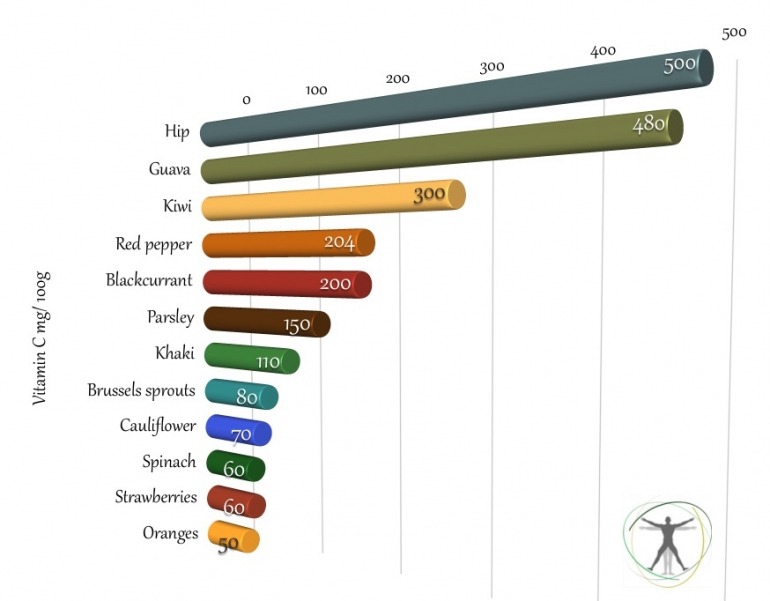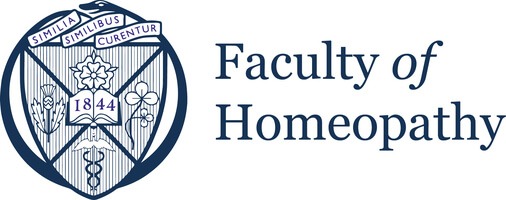Here are some interesting data about vitamin C, some may surprise you:
- Vitamin C (ascorbic acid) is one of the most used vitamin supplements in the world.
- Humans cannot produce vitamin C, and therefore we must take it in our diet.
- We are one of the few species that are unable to produce vitamin C. May animals synthesise this vitamin with the help of an enzyme that converts glucose (sugar) into vitamin C! The goat is one example: it synthesises about 13.000mg of vitamin C per day.
- It was first isolated from red pepper in 1928 by Albert Sent Gyorgi, who eventually was granted with the Nobel Prize of Medicine for this discovery in 1937.
- Vitamin C deficiency leads to scurvy, a condition that affected many sailors before the 18th century, as their journeys were very long, and they had no fresh fruit or vegetables on board.
- Vitamin C is a powerful anti-oxidant soluble in water, which reduces free radicals, helps to prevent from ageing, avoids the oxidation of the cholesterol and therefore reducing the risk of atherosclerosis. Furthermore, it plays an important role in the fabrication of collagen, which is essential to the skin, bones, joints and blood vessels. In addition, vitamin C empowers our immune system as it increases the activity of the white blood cells and improves the response of our antibodies..
- The best way to take vitamin C is eating fresh fruit and vegetables, however, it can be taken in supplements or via a high dose IV drip when you are in a situation in which you feel like you could need a boost. The recommended dose is 1.000-2.000 mg per day.
- There is evidence that show the beneficial effects of vitamin C in patients with cancer, when administered in large quantities and intravenously.
- Urban Myth: Oranges are the best way to take vitamin C: The graph below shows that there is many other food that is richer in vitamin C than oranges. However, it is true that when you cook vegetables, a significant part of the vitamin is destroyed. For examples, spinach contain 115mg/100g of vitamin C when raw, but only 60 mg after being cooked.
IV Drip at Home
Are you looking for a more convenient administration of your IV vitamin therapy in London? Our at home iv therapy service could be the solution you are looking for.
Referencess:
Sebastian J. Padayatty et al, Vitamin C: Intravenous Use by Complementary and Alternative Medicine Practitioners and Adverse Effects. PLoS One. 2010; 5(7): e11414.
Chen Q et al, Pharmacologic doses of ascorbate act as a prooxidant and decrease growth of aggressive tumor xenografts in mice. Proc Natl Acad Sci U S A. 2008 Aug 12;105(32):11105-9.
Riordan HD1 et al; A pilot clinical study of continuous intravenous ascorbate in terminal cancer patients. P R Health Sci J. 2005 Dec;24(4):269-76.
Sebastian J. Padayatty et al, Intravenously administered vitamin C as cancer therapy: three cases. CMAJ. 2006 Mar 28; 174(7): 937–942.
Chen Q et al, Pharmacologic ascorbic acid concentrations selectively kill cancer cells: action as a pro-drug to deliver hydrogen peroxide to tissues. Proc Natl Acad Sci U S A. 2005 Sep 20;102(38):13604-9.
Mark Stengler 2014, Los tratamiento curativos de los médicos naturistas, p 764-767
Dra Odile Fernandez. Mis recetas anticancer. 15º Ed. p 193-197





